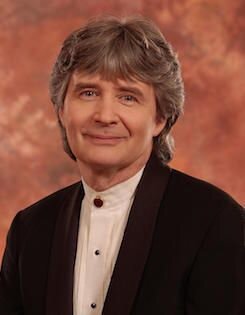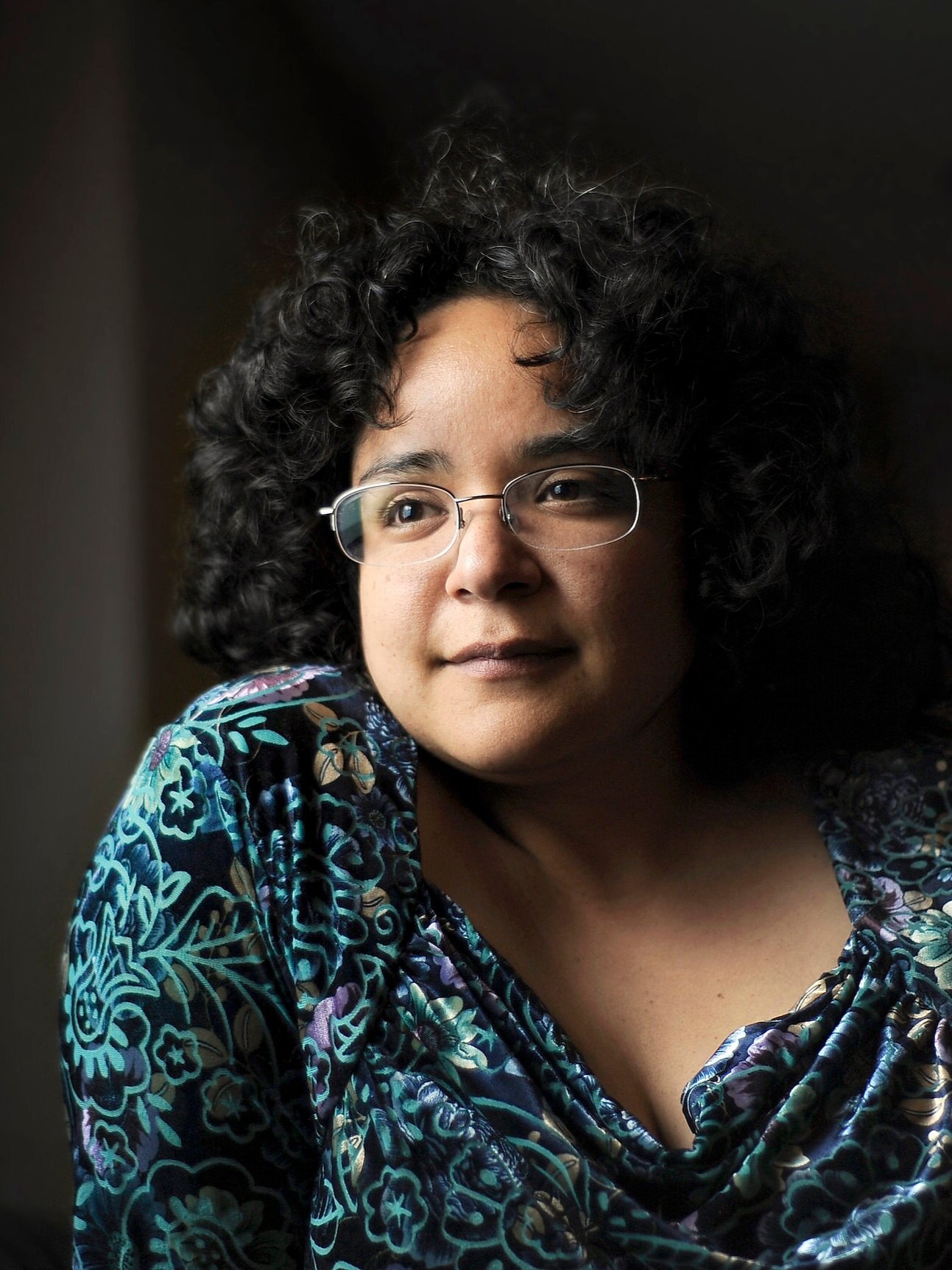Join the Tesla Quartet on an exciting journey through the six monumental string quartets of Béla Bartók as the Quartet embarks on its first performance of the complete cycle. For the Tesla Quartet’s six week Bartók-fest we will explore how this music sways our innermost passions, to a depth and at a pace designed to entertain, inform, and engage our listeners. Each week will focus on a single quartet and will begin with a discussion with hugely inspiring experts, performers, composers and musicologists who have unique and personal relationships to Bartók’s String Quartets. The second day is an open rehearsal of the week’s quartet, offering a rare behind-the-scenes look at the Tesla’s working process. Each week will culminate with the Tesla Quartet’s live-stream performance of Bartók’s work, followed by a Q&A with our subscribers, viewable to anyone watching the performance. The two-legged journey will be split between March and May/June, with three quartets featured in each three-week period, and will be supplemented with social media content and prize giveaways!
Overview
Expert DISCUSSIONs
In this live Zoom event, an eminent Bartók expert will join the Tesla in an exploration of the various facets of Bartók’s quartets, putting each work in historical context, discussing the finer details of the music, or reflecting on careers spent performing numerous Bartók cycles. Audience members will have the opportunity to participate in a Q&A with the Tesla Quartet and their guest.
Virtual OPEN REHEARSALs
Audience members will get a sneak peek into the Tesla Quartet’s rehearsal process as we prepare a quartet for performance. Viewers will learn about our approach to phrasing, ensemble, and musical character. A brief Q&A will follow the rehearsal.
LIVE-STREAM PERFORMANCE
The week’s activities will culminate in a live-stream performance of one of the string quartets. A post-concert discussion will allow audience members to comment on what they’ve learned or discovered through the week’s various activities.
SCHEDULE OF EVENTS
All times are Eastern Time.
WEEK 1: STRING QUARTET NO. 1, SZ. 40*
Wednesday, March 10 at 3:00pm - Guest Speaker: Dr. Dániel Péter Biró, co-editor of The String Quartets of Béla Bartók: Tradition and Legacy in Analytical Perspective. Rewatch here: https://youtu.be/yeI2zRJigJs
Friday, March 12 at 1:00pm- Virtual Open Rehearsal
Saturday, March 13 at 7:30pm - Live-stream performance of String Quartet No. 1, Sz. 40
*Week 1 is sponsored by Friends of Chamber Music of Troy, NY.
WEEK 2: STRING QUARTET NO. 2, SZ. 67
Wednesday, March 17 at 7:00pm - Guest Speaker: Mark Steinberg, First Violinist of the Brentano String Quartet
Friday, March 19 at 1:00pm - Virtual Open Rehearsal
Saturday, March 20 at 7:30pm - Live-stream performance of String Quartet No. 2, Sz. 67
WEEK 3: STRING QUARTET NO. 3, SZ. 85*
Wednesday, March 24 at 1:00pm - Guest Speaker: Dániel Hamar, co-founder of Hungarian folk music group Muzsikás
Friday, March 26 at 1:00pm - Virtual Open Rehearsal
Saturday, March 27 at 7:30pm - Live-stream performance of String Quartet No. 3, Sz. 85 & Romanian Folk Dances (arr. Ross Snyder)
*Week 3 is sponsored by Grand Valley State University.
WEEK 4: STRING QUARTET NO. 4, SZ. 91
Wednesday, May 26 at 7:00pm - Guest Speaker: Nicholas Kitchen, first violinist of the Borromeo String Quartet
Friday, May 28 at 1:00pm - Virtual Open Rehearsal
Saturday, May 29 at 7:30pm - Live-stream performance of String Quartet No. 4, Sz. 91
WEEK 5: STRING QUARTET NO. 5, SZ. 102
Tuesday, June 1 at 7:00pm - Guest Speaker: Károly Schranz, founding second violinist of the Takács Quartet
Friday, June 4 at 1:00pm - Virtual Open Rehearsal
Saturday, June 5 at 7:30pm - Live-stream performance of String Quartet No. 5, Sz. 102
WEEK 6: STRING QUARTET NO. 6, SZ. 114
Wednesday, June 9 at 7:00pm - Guest Speaker: composer Gabriela Lena Frank
Friday, June 11 at 1:00pm - Virtual Open Rehearsal
Saturday, June 12 at 7:30pm - Live-stream performance of String Quartet No. 6, Sz. 114
Special Guests
Photo: Linda Sheldon
Week 1: Dániel Péter Biró, Composer
Dr. Biró has researched Hungarian folk music at the Academy of Science in Budapest and Jewish and Islamic chant in Israel and the Netherlands. Awarded the Hungarian Government’s Kodály Scholarship for Hungarian composers, his compositions have been commissioned by the Frankfurt Radio Symphony, the City of Darmstadt, the Stuttgart Opera, Sudwestfunk, Vancouver New Music, the ISCM, and the Imatronic Festival. He was co-editor of Search – Journal for New Music and Culture and co-editor (with Harald Krebs) of The String Quartets of Béla Bartók: Tradition and Legacy in Analytical Perspective (Oxford University Press: 2014). Prof. Biró was a fellow at the Radcliffe Institute for Advanced Study, Harvard University in 2014-2015 where he worked on the completion of the composition cycle Mishpatim (Laws). In 2017 Dániel Péter Biró was awarded a fellowship from the John Simon Guggenheim Memorial Foundation. In 2018 he was appointed Associate Professor for Composition at the Grieg Academy, University of Bergen and in 2019 he was promoted to Professor for Composition.
Mark Steinberg, Violinist
Mark Steinberg is first violinist and founding member of the Brentano Quartet, in existence since 1992. With the quartet he has performed extensively in North America, Europe, Australia and New Zealand, as well as in Japan, China, Korea, Israel and Colombia. The quartet is ensemble in residence at Yale University, has recorded extensively, and has won many awards, such as the Naumburg Chamber Music Award, the inaugural Cleveland Quartet award and the Royal Philharmonic Society award for best debut in the UK. Steinberg has appeared often in trio and duo concerts with pianist Mitsuko Uchida, with whom he presented the complete Mozart sonata cycle in London's Wigmore Hall in 2001, with additional recitals in other cities. With Ms. Uchida he has also recorded a group of Mozart sonatas for Philips. Mr. Steinberg holds degrees from Indiana University and The Juilliard School and has studied with Louise Behrend, Josef Gingold, and Robert Mann. He is currently on the violin faculties of the Manhattan School of Music, and CUNY The Graduate Center. He has taught often at the Banff Centre for the Arts, the Aspen Festival, Norfolk Chamber Music Festival, the Steans Institute at Ravinia, and the Taos School of Music and has given master classes at the Eastman School of Music, the Cleveland Institute of Music, the Britten-Pears Institute in Aldeburgh, England, the Mozarteum in Salzburg, the Guildhall School, the Amsterdam Conservatory, Yellow Barn, and numerous other schools.
Week 3: Dániel Hamar, co-founder of MuZSikás
Daniel Hamar was born in 1951 in Budapest, Hungary. He started to play the piano when he was seven and took up the classical double-bass at fifteen. He became a member of the St. Stephen Symphony Orchestra and although this orchestra was considered to be amateur, the best Hungarian soloists and conductors performed with them. Hamar started to play traditional Hungarian music when he was 22. He visited remote Hungarian villages to learn the old techniques of playing, and established the group Muzsikás with his friends Sándor Csoóri and Mihály Sipos in 1973. Hamar plays double-bass and percussion instruments in the band. He is the presenter at the concerts and spokesman for Muzsikás and the official leader of the band. He earned a Ph.D in 1994 in Spece Physics, worked as a scientist at the Space Research Group of Eötvös University, Budapest.
Photo: Christian Steiner
Week 4: Nicholas Kitchen, violinist
Violinist Nicholas Kitchen has performed throughout the world both as soloist and chamber musician, most significantly as founding member and first violinist of the Borromeo String Quartet for 30 years. He has extensively performed and worked on projects with the Chamber Music Society of Lincoln Center, the Library of Congress, and Performance Today, and has initiated many innovative collaborations, combining multiple forms of artistic expression with performance. The BSQ has performed his acclaimed transcriptions of Bach’s Goldberg Variations and the Well-Tempered Clavier Book I internationally, the latter of which the Quartet released on an acclaimed premiere recording which hit the billboard charts. A passionate educator, he often leads discussions enhanced by projections of handwritten manuscripts, investigating with the audience the creative process of the composer, and has lectured and given master classes across the globe, and has encourage audiences and students of all ages to explore and listen to both traditional and contemporary repertoire in new ways. Teaching at the New England Conservatory of Music, Nicholas has pioneered the use of computers and page-turning pedals to make it possible for the Borromeo and students to always work from the complete score, which has allowed him to become involved in the serious study of composer’s manuscripts. In the case of Beethoven, this manuscript study has led him to exciting discoveries of a new dynamic and articulation system within the manuscripts, praised and supported by scholars and institutions and performed world-wide. He is Artistic Director of the Heifetz International Music Institute.
Week 5: Károly Schranz, violinist
Károly Schranz (second violin) was born in 1952 in Budapest, Hungary. His first musical experiences were listening to the Gypsy bands in restaurants, which he has always admired for their virtuosity and musicianship. Schranz began playing the violin at the age of four under the very strict supervision of his mother who often resorted to unconventional methods of teaching and encouraging practice. (“To improve my bowing technique, she devised a method of attaching a string to my arm, and pulling in the desired direction. When this approach failed, she spanked me with a wooden spoon, which resulted in my hatred towards practicing.”)
At the age of fourteen, he entered the Béla Bártok Secondary Music School, where he met his future wife, also a violin student at the school. In 1980, he received his music diploma from the Franz Liszt Academy of Music where he studied with Mihály Szücs, András Mihály, and György Kurtág.
Week 6: Gabriela Lena Frank, composer
Currently serving as Composer-in-Residence with the storied Philadelphia Orchestra and included in the Washington Post's list of the 35 most significant women composers in history, identity has always been at the center of composer/pianist Gabriela Lena Frank's music. Born in Berkeley, California (September, 1972), to a mother of mixed Peruvian/Chinese ancestry and a father of Lithuanian/Jewish descent, Gabriela explores her multicultural American heritage through her compositions.
In 2017, Gabriela founded the award-winning Gabriela Lena Frank Creative Academy of Music, a non-profit training institution held on her two rural properties in Boonville, CA for emerging composers from a vast array of demographics and aesthetics.
In 2020, the Heinz Family Foundation named Gabriela Lena Frank, D.M.A., a recipient of the prestigious 25th Heinz Award in the Arts and Humanities category.










